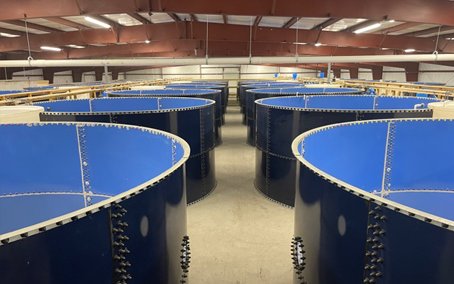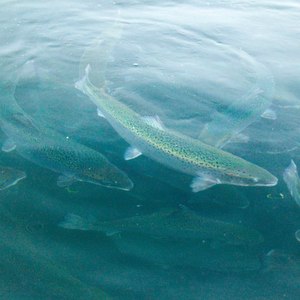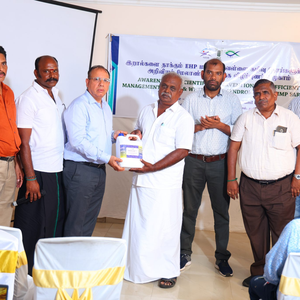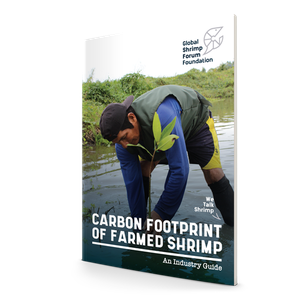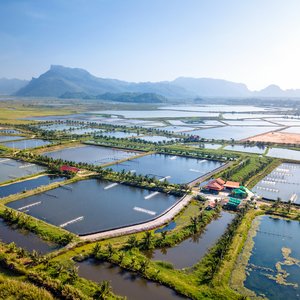NaturalShrimp, which has developed and patented the first shrimp-focused commercially operational RAS, announced the filing of patents in Japan, Thailand, and Australia.
“The intellectual property rights represented by the company's previously issued patents constitute the backbone of NaturalShrimp's business. As the company's footprint expands into other countries such as Japan, Thailand and Australia, it is incumbent on NaturalShrimp to take whatever steps are necessary to protect our valuable intellectual property rights from infringement and secure the benefits of these technologies for the company and our shareholders,” the company said.
In this respect, NaturalShrimp has already filed for patent protection in Japan, Thailand, Australia, and the European Patent Convention (EPC), all areas in which the company is either currently doing business or in which the company seeks to do business. The company's IP lawyers are currently working with local IP counsel to affect the approval and domestication of our existing US Patents in these jurisdictions.
Upon allowance, the company's patent application with the European Patent Convention allows the company to elect European rights in over forty European nations, enabling the company to judiciously plan its expansion into the European countries including countries such as Norway, the United Kingdom and other selected member countries. Patent protection is a very costly process and this extended time period allows the company to methodically plan and still act with financial responsibility.
“While the company is seeking protection for its intellectual property, our team of dedicated researchers and experts has worked tirelessly to develop, refine and enhance our technology with the expectation that additional patents can add to the arsenal of cutting-edge technologies that address key challenges in the aquaculture industry,” the company said.


